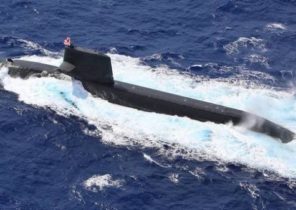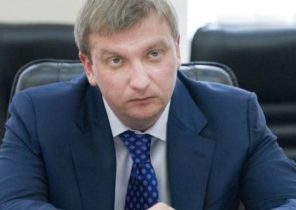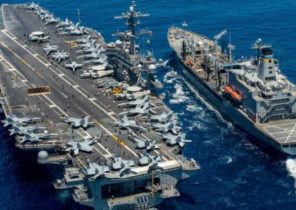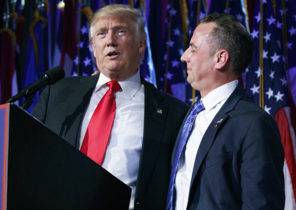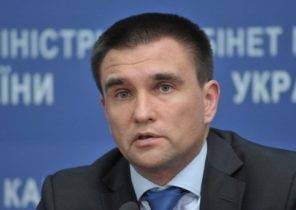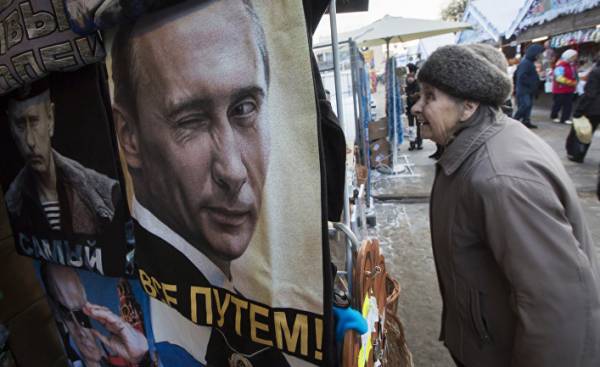
The Russians do not associate the figure of the Russian President, Vladimir Putin, the internal situation in the country, and see him as a leader who returned Russia to the rank of great powers, said in an interview with Delfi, the head of the Department of social and cultural studies Alexei Levinson.
Party held in Lithuania, “the Russian forum” also noted that this situation is unusual even for Russia. According to him, the mobilization of Russian citizens a concern for neighbours in view of the fact that “Russia’s greatness is achieved through force interaction with the outside world”, while the discrepancy in values between Russia and the West is not the main issue of the relationship.
Delfi: In the “Russian forum” there were some statements that the Russian society is sick. You agree with that?
Alexei Levinson: Russian society has never felt so healthy, how it feels now. The Russians believe that we are United in the confrontation with the West, we clearly won because he received the Crimea as considered necessary, and in response there was no response, because the sanctions can not, from the point of view of the Russians, to be something more or less adequate. In other words, Russia made armed action, and in return received economic measures. This is something that concerns subjective opinion (the Russians — ed. ed.). So for example, there are diseases in which a person believes that he is healthy, but an objective observer will say that it is a disease. I will say this: to talk about society in terms of ill-health — is for the scientist and researcher incorrectly. I can say that Russian society is in extraordinary condition. I’m not going to say that it is a pathological condition, a state of emergency mobilization, which is the reason that available way clear of the development with Communist or democratic program was truncated, and the society that used somewhere to go, stopped. And very often the Russians ask: what we build, where we’re going? We don’t build anything, not going anywhere. This is the usual condition for Russia since 1917. Instead, I believe that if we stand, we must stick together. This is a symbolic installation, no real action it is not intended. The high rating of Putin is purely symbolic side of things, this is not some people are marching together or going to do something together. On the contrary, a society that is fragmented enough in real life, much more than Soviet society, scattered small businesses, groups is the society itself, symbolically unites a departed family members in the correspondence itself, convinced that they are one family.
— According to sociological data, the Russians support Vladimir Putin. Does this support the mood for change or this support means that everything is going right?
— If Putin will announce a program change is support for change. If Putin declared that the most important thing is to keep what we have, it will support this kind of stability. Putin is not doing neither one nor the other, and that support for Putin just as a symbolic leader. I just want to emphasize Putin’s support is to support Russia’s prestige in the international plan and has no relationship to what is happening inside the country. People are very critical of the economic situation, order the behavior of individual officials.
— Recent protests have shown that people are not against Putin…
It is very important to understand. Putin did not believe in Russia responsible for what is happening internally. It’s weird, unusual, unusual even for Russia. Yeltsin was responsible for what happened in Russia, and Putin is not. Putin has such a high level of approval because it, according to the Russians, Russia has returned to a position of great power. And it’s tremendously important for people who is experiencing the loss of Empire. The fact that the USSR was a great power has not been challenged by anyone, these were the results of the Second world war. And the fact that after 1991, Russia, as part of the USSR was lost, according to the Russians, the value of the great powers, it was a very unpleasant experience. The same as once the British, the French, in short, the once-Imperial Nations. The gesture with the annexation of Crimea, according to the Russians, not because purchased this little earth, but because it goes against our political partners and opponents. So I assume, since Russia did not listen to the other great powers, but is itself a great power. That’s the simple logic. This was done under the leadership of Putin. A rehearsal of this was the war in Georgia. Then, among other things, Putin’s rating for the first time reached 88%. After the annexation of Crimea, he again reached this mark, then she was even a little higher. All these events should be considered in the framework of what in Russia is understood as geopolitics.
— You are talking about community mobilization, and this mobilization of citizens of Russia are neighbors and the West. What is the reason?
— Because Russia’s greatness is achieved through force interaction with the outside world, which begins beyond the borders of Russia, so this event is definitely aggressive potential.
Is not differences in values with the West, namely the question of aggression?
Divergence in values, I think the thing is much more time-consuming, historical, and when it can safely coexist. From the mere differences in values, this situation would not have arisen. I think for the neighbors — Lithuania, Latvia, Estonia, of course understanding that in Russia for many would welcome the restoration of the Empire and the immediate addressees of this would be neighbors, worrisome. Rightly so, because ordinary Russians and politicians (not to mention Zhirinovsky) can be such ideas, or at least they can exploit this revisionist resource. It can be operated for political purposes. We are in the “Levada-center” checked that, asked the question, and the result was gloomy. Then on the inertia from the annexation of Crimea by the Russian public opinion was ready to support the idea that if there are our compatriots, for the sake of their interests Russia may violate international norms, because this right is more important than international law. In this sense, Russian society would have approved of the aggressive actions on the borders. Although, on the other hand, the Russians opposed to military clashes, especially with NATO. You cannot look for a single logic, is the combination of different logics.
— Sociologists argue that postkrymsky euphoria subsided. What comes in place of this?
— Yes, she was. In place of it tried to lead the operation in Syria, but the Russians treated it indifferently, saying that if you believe that we need to send our forces — send. If you decide that the troops should be returned — that’s great, let them be returned. Nothing comparable to the support of the Crimea was not here. — On the background of this mobilization we are seeing interesting trends in history, the figure of Stalin, for example… the Russian mass consciousness is very willing to move all the current conflict in historical, in this sense, the imaginary space. The victory in the great Patriotic war, as it is called in Russia, more and more evokes a feeling of grandeur to people whose grandfathers fought in this war. It is also a kind of compensation for those disorders that is the great Soviet Union is a smaller country. But understand, this is not unique. Scotland 600 years remembers the annexation by the British, but they live well, it allows you to coexist. I think that now the invasion of Russian troops on the territory of the Baltic countries are somewhat less likely than it was then (during WWII — approx. ed.). Among Russian generals, people who are willing to experience the military might of NATO, probably not so much.
— You mentioned hindsight. From the point of view of a sociologist, how to look at a glance to the past and not the future?
— For the social consciousness of the future a long time, ever since Yeltsin cut off. Anyone have ideas of the future have to refer to the past.
The opposition is trying to represent Russians abroad some vision of the future. Among Russian companies, what are the chances of the opposition to be heard, understood and accepted?
When Alexei Navalny suggested that the meme “party of crooks and thieves”, more than 40% accepted it. It is not the idea of the future, but if this opposition gesture, it was adopted very widely. He little has changed in the real political picture, but was adopted. Navalny could offer the Russians some interesting alternatives. In this his role is certainly important, but to say that it means that the Russian way is going to change much yet.

